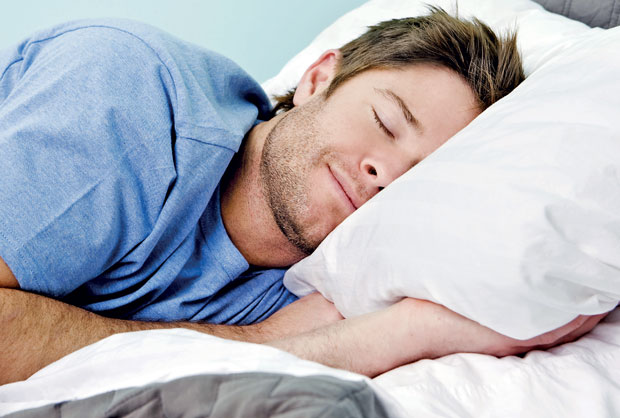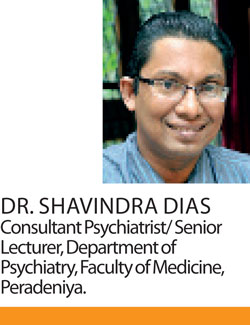Reply To:
Name - Reply Comment

 According to Marslow’s pyramid of needs; food, warmth, water and sleep are basic human needs. Quality sleep is essential for a balanced life. Sleep is a crucial process that we all need to understand.
According to Marslow’s pyramid of needs; food, warmth, water and sleep are basic human needs. Quality sleep is essential for a balanced life. Sleep is a crucial process that we all need to understand.
The amount of sleep necessary depends on the age. For the very young and very old, more sleep is recommended.
There are two phases in sleep known as non-REM (Rapid Eye Movement) sleep and REM sleep, in which many different things take place in the body.
Physical repairing 
Sleep is an active process in which biological functions like respiration, the heart beat and the elementary tract are at work, even though certain parts of the brain have reduced activity. A reversible loosening of conciousness is evident in sleep. Yet growth in the body, bone and cell repair are taking place while a person is resting. Kids are required to have long periods of sleep because it is crucial to their growth. Different hormones are secreted during sleep. Sex hormones are one
such example.
Like physical mending, there is a lot happening on an unconscious level because the day’s activities are registered in our existing memory. Short-term memories are sent and registered as long-term memories. That’s why sleep is crucial for students, because what they learn during the day is added to their memory in their sleep. New knowledge is also integrated into a network of
past knowledge.
Circadian Rhythm
The circadian rhythm is the 24-hour based biological clock ticking inside humans, plants, fungi, animals and cyanobacteria.
It depends on elements like light (sunlight) and temperature.
According to the circadian rhythm, the highest alertness is felt around 10 am. Cardiovascular efficiency and muscle strength is strongest at 5 pm. Highest blood pressure is present at 6.30 pm. Melatonin secretion starts at 9 pm. Deepest sleep is at 2 am and the lowest body temperature is at 4.30 am.
Dreams
Famous psychologist Sigmund Freud said sleep was the golden pathway to the unconscious. He believed dreams could be interpreted to unveil the inner self and that the subconscious mind contained hidden impulses, such as sexual and basic animal instincts.
People might try to control their sleep and remain awake. True, it can be controlled to a certain extent. Completely avoiding sleep is unhealthy, however. The brain cannot function without sleep because it is the brain’s resting time.
Sleep is a routine. There should be a time to sleep and wake up. If the routine is well-balanced, you will have a quality sleep. Avoid reading, gaming, watching movies and other sleep-killing activities in bed.
Your bed and bedsheets should
be hygienic. A warm drink like milk or warm water can be taken to provide better sleep. It’s neither advisable to go to sleep on an empty stomach or with a completely full stomach. Dinner should be taken at least one hour prior to bedtime. (If you go to sleep soon after dinner, the digestion process will be disturbed). Exercising in the evening is also a good way to have a good night’s sleep. Avoid artificial sleeping agents such as drugs, sleep tablets
and alcohol.
Sleep disorders
A lack of sleep affects mood and the higher functions of the body. Irritability, pessimism, forgetfulness and poor concentration are visible results.
When brain rest is disrupted, people tend to make mistakes. Therefore, skipping sleep is pointless as it reduces quality of life and puts a person at risk, especially due to fatigue (many motor accidents happen at night due to lack of sleep).